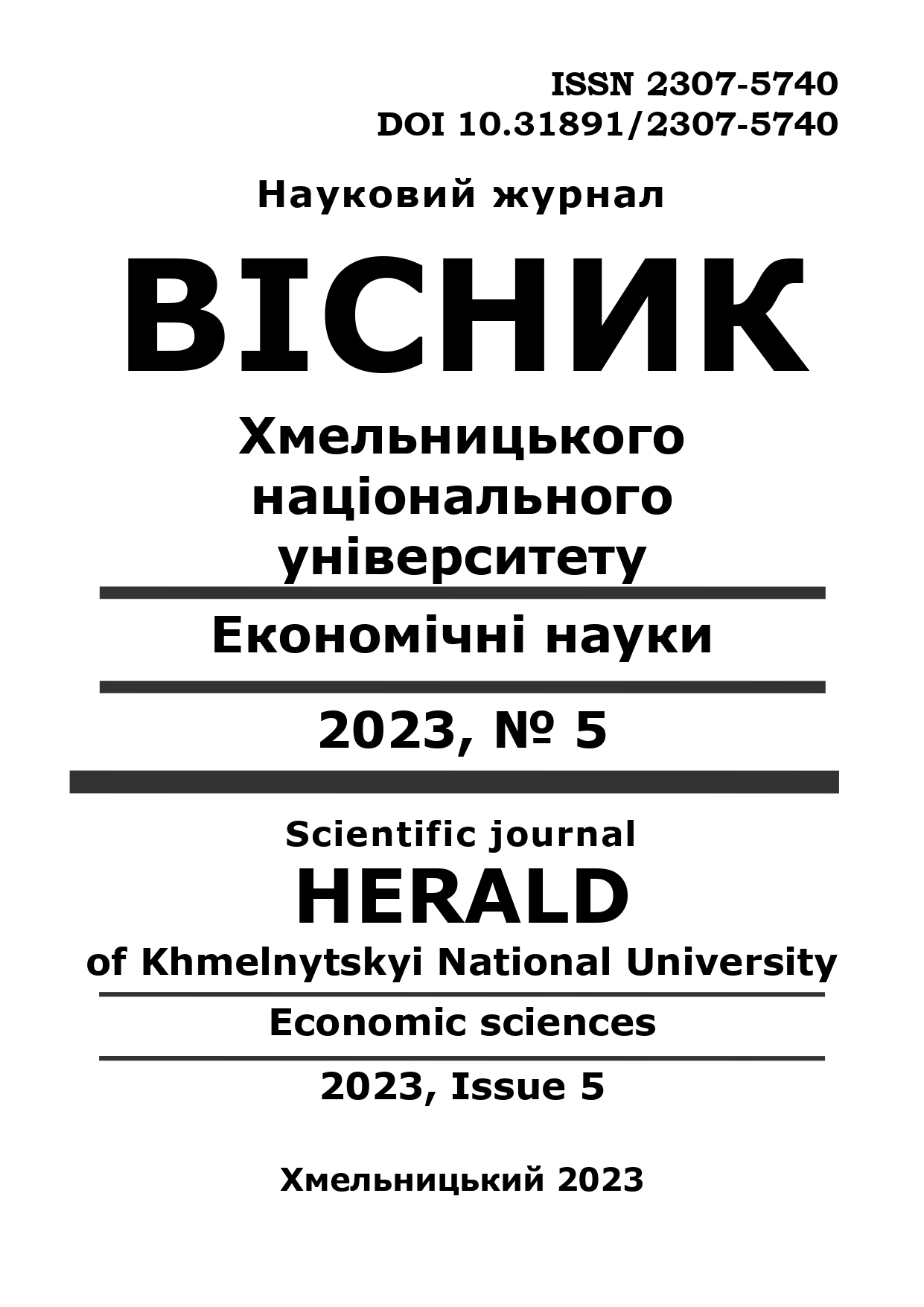FORMALIZATION OF THE CONCEPTUAL PROVISIONS OF THE STATE POLICY FOR THE DEVELOPMENT OF HIGH-TECH INDUSTRIES AND THE INFORMATION AND COMMUNICATION TECHNOLOGY SECTOR ACCORDING TO WORLD EXPERIENCE
DOI:
https://doi.org/10.31891/2307-5740-2023-322-5-35Keywords:
state policy, high-tech industries, digitalization, information and communication technologies, innovationsAbstract
The article highlights the need to study world experience as a basic element in the development and implementation of state policy, especially in the field of high-tech and digital economic development. The importance of a comprehensive approach to the construction of the state policy for the development of high-tech industries and the ICT sector is emphasized and its main elements are highlighted: the purpose, goals, subjects, objects, functions, principles, methods, tools, means. In the context of the study of the world experience of the implementation of such a state policy, attention is focused on the processes of resource provision, infrastructural development, normative and legal regulation, institutional and organizational management, production and technological development, investment and innovation activities, information and communication exchange and others. The study of the world experience of the state policy of the development of high-tech industries and the ICT sector makes it possible to note that the state acts as a driving force in creating a favorable environment for the stable establishment and expansion of the production and sale of high-tech products with a high level of implementation of digitization processes. The experience of developed countries confirms the priority of the state policy for the development of high-tech industries and the ICT sector with the following leading strategic goals: the formation of the internal market of innovations and technologies and its integration into the country’s economic system; development and implementation of progressive projects of high-tech production and digitization of the economy; improvement of organizational-technical and financial-economic accessibility of innovations and digital technologies; creation and development of innovative technological and informational digital infrastructure; development of inter-branch and inter-sectoral technical-technological and information-communication cooperation; creation and development of the national ecosystem of digital and technological transformation.


